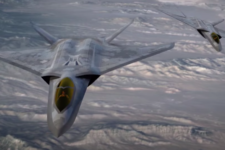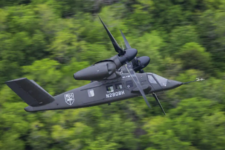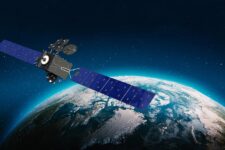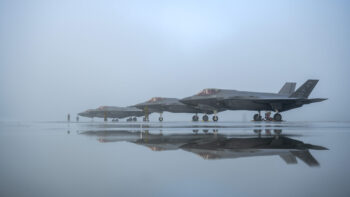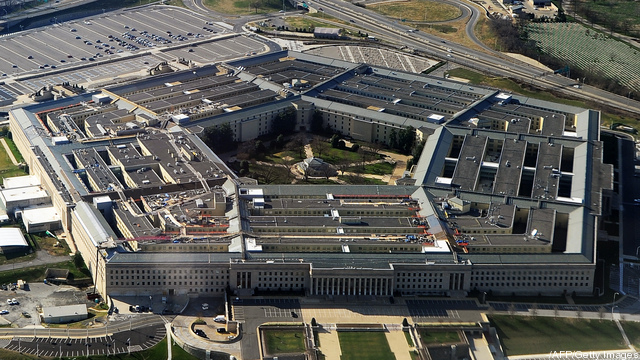
The Defense Department has created a new position called the Chief Digital and Artificial Intelligence Officer. (AFP/Getty Images)
WASHINGTON: The Pentagon announced Wednesday the creation of a new chief digital and artificial intelligence officer that will be responsible for coordinating the department’s data and artificial intelligence efforts, a move Breaking Defense first revealed in late November.
Under the reorganization, the Defense Digital Service, Joint Artificial Intelligence Center and Chief Data Officer will be under the umbrella of the CDAO, who will report directly to Deputy Secretary of Defense Kathleen Hicks. The move comes as the Pentagon increasingly focuses on how the department handles, manages and secures its data as it works to develop AI algorithms it views as critical to future warfighting.
According to a memo released by the Pentagon Wednesday and signed by Hicks, the CDAO will be the “senior official responsible for strengthening and integrating data, artificial intelligence, and digital solutions in the Department.”
“What that means in practice [is] the CDO, DDS and JAIC are each going to report up to the CDAO and create a tech stack that lets us integrate data, software and AI,” a senior defense official told reporters during a Wednesday background briefing ahead of the formal announcement. “The goal there is to optimize their value and try to consider them more holistically.”
All three offices are new to the Pentagon in the last few years and have operated independently of each other, despite working on a common mission of advancing the department’s technology.
The Joint Artificial Intelligence Center, responsible for increasing AI adoption across the Defense Department, was elevated just last year to report directly to the deputy secretary of defense. The DDS is an organization that provides rapid technology solutions for the department and reports directly to the secretary of defense. The CDO, which sets data policy and practices, currently reports to the department’s chief information officer.
The senior official argued that the department wasn’t creating another layer of bureaucracy, but rather restructuring the organizations to work closer together.
Currently, “we don’t have the kind of integration across their lines of efforts that we could to really maximize the impact of the things that any one organization is doing,” the official said. “It means we don’t take advantage of when there are overlaps in what they’re doing, or underlaps in what they are doing, to sort of drive the right kind of prioritization in these spaces.”
The new office will stand up on Feb. 1, 2022 with full operating capacity “no later than” June 1, 2022, the memo states. Jim Mitre, a senior adviser brought into the building by Hicks specifically to help set up the office, must develop an implementation plan by Jan. 15, 2022.
The official didn’t rule out that the three organizations could be merged in the future. As Mitre leads his review from IOC to FOC, it will help identify “this next organizational construct looks like and how it can best support the functions and responsibilities of the CDAO,” the senior official said.
The official added that the department aims to submit legislative proposals to Congress to adjust authorities by June. The current leaders of the JAIC, DDS and CDO will remain in place.
Meanwhile, the official said, the department is looking inside and outside the department for the right person to fill the CDAO job, but didn’t lay out a timeline.
“Although the Department would like to hire a CDAO quickly, the goal is to find the right person to lead this important effort to strengthen the integration of data and AI functions across the Department enterprise,” said Russ Goemaere, a DoD spokesman, when asked for a target date.
The CDAO will also have an important role to play in the department’s efforts on Joint All-Domain Command and Control, an effort to digitally connect sensors and shooters that will rely on AI to sift through unprecedented amounts of data. Top Pentagon brass are closely tracking the department’s tech progress, with Hicks creating the AI and Data Accelerator Initiative earlier this year to assist combatant commands with their AI needs. The CDAO will build on that initiative.
“We need a central advocate who can manage the resources, manage the priorities, connect with COCOM commanders and service leadership to really drive the prioritization and deployment” of new technology, the official said.

